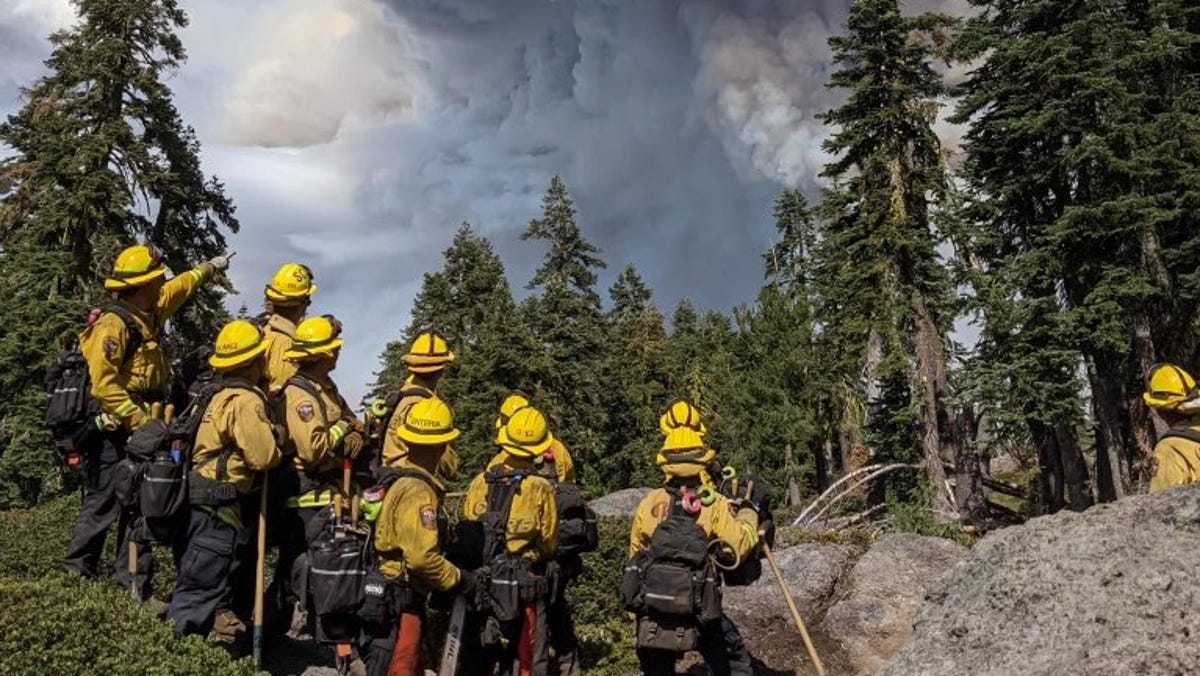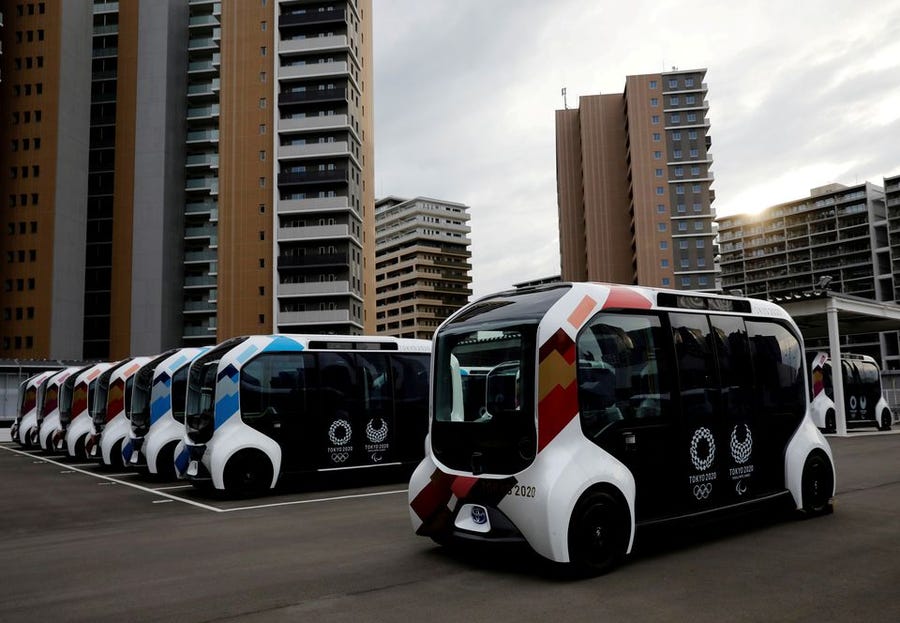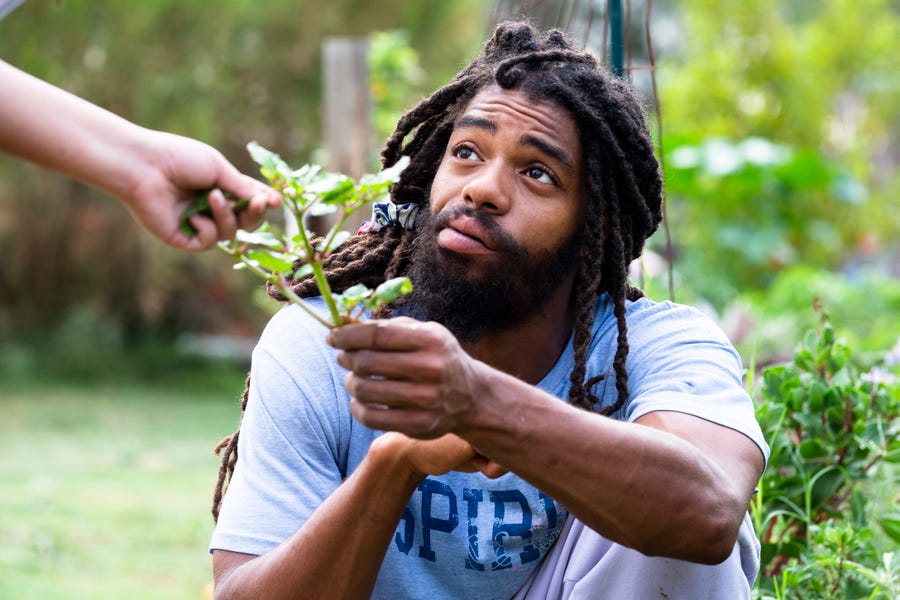| |||||||||||||||||||||||||||||||||||||||||||||||||||||||||||||||||||||||||||||||||||||||||||||||||||||||||
SUBSCRIBE TO OUR NEWSLETTER
Our Youtube Channel
Top Articles
-
Baird and NWSL general counsel Lisa Levine were ousted Friday in the wake of a rep...
-
A CDC order that went into effect requiring a negative COVID test before flying to...
eseries.in - All Rights Reserved 2023-2025









